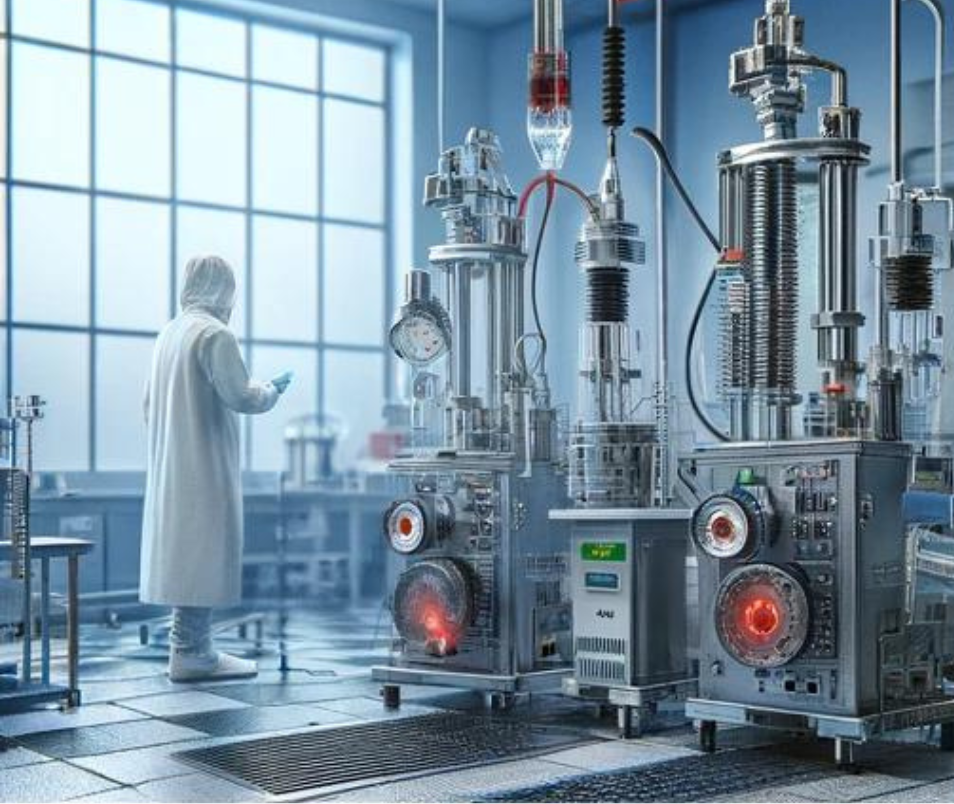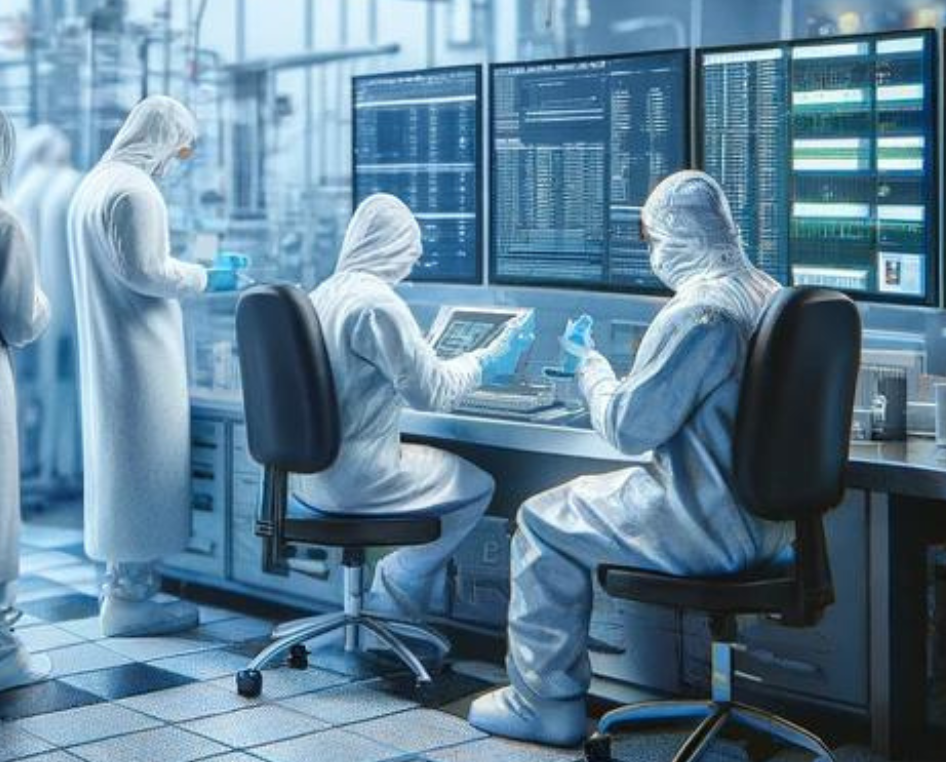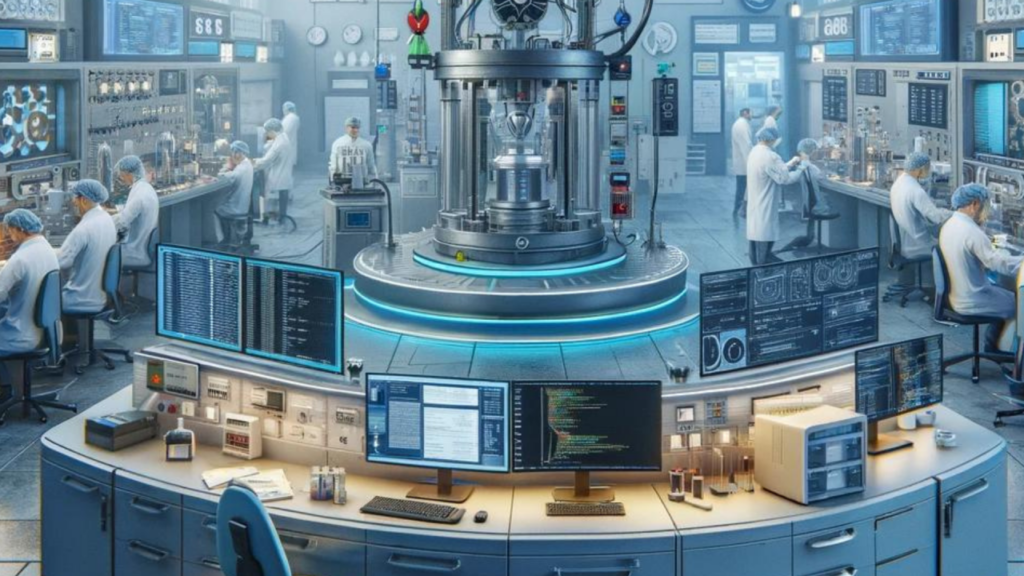5 most important factors when choosing a laboratory to certify a medical device
When you need to choose a laboratory to certify your medical device, you have to make a crucial decision that can affect the quality, safety, and marketability of your product. However, finding the right laboratory can be challenging, as there are many factors that influence the cost and reliability of testing services. In this article, we will discuss the five most important factors that you should consider when selecting a laboratory for your medical device testing needs..
1. Location of the Laboratory.
The first factor to consider is the location of the laboratory. The cost of testing can vary significantly depending on where the laboratory is based, due to differences in infrastructure, labor costs, and local economic factors. For example, laboratories located in the US and EU countries usually have higher overheads than those in countries like India or China. Therefore, it is worth comparing the prices of different laboratories in different regions and see if you can find a balance between cost and quality.

2. Laboratory’s Quality Standards and Recognition
The second factor to consider is the quality standards and recognition of the laboratory. These are indicators of the laboratory’s compliance with international standards and regulations, such as GLP (Good Laboratory Practice) or ISO 17025 (General requirements for the competence of testing and calibration laboratories). Accredited laboratories can provide test reports that are recognized and accepted by regulatory authorities and customers. However, conducting a study under an accredited quality management system can incur higher costs than a laboratory with a non-accredited system. Therefore, you should assess the need for accredited test reports based on the regulatory requirements and the risk tolerance of your medical device manufacturer.
3. Laboratory’s Capabilities and Resources
The third factor to consider is the capabilities and resources of the laboratory. Depending on the complexity of your device and the specific claims you want to make, you may need a laboratory that has the required capabilities and resources to conduct the tests. For example, if you want to test the biocompatibility of your device, you may need a laboratory that has access to animal models, cell cultures, and histopathology equipment. Laboratories that have these capabilities may charge higher prices for their testing services. Additionally, if you need to use custom testing methods that are not standardized or validated, you may also face higher testing costs.

4. Testing Time and Efficiency
The fourth factor to consider is the testing time and efficiency. The duration of a study directly affects its cost, as longer studies typically result in higher costs. This is especially true for studies that involve service life validation tests, which can take months or years to complete. Moreover, the testing time and efficiency can also depend on the reporting intervals, interim assessments, and other factors that may affect the accuracy and speed of the testing process. Therefore, you should consider the time constraints and the urgency of your testing needs, and choose a laboratory that can deliver the results within the expected timeframe.
5. Testing Demand and Availability
The fifth factor to consider is the testing demand and availability. The availability and the price of testing services can be influenced by the market dynamics and the laboratory capacity. Studies that are in high demand may experience price increases due to limited resources and increased competition. For example, during the COVID-19 pandemic, the demand for testing services for respiratory devices and personal protective equipment increased, leading to higher testing costs and longer waiting times. Therefore, you should monitor the market trends and the demand for testing services, and plan your testing needs accordingly.

Choosing a laboratory to certify your medical device is a critical decision that can have a significant impact on your product’s success. By considering the five factors discussed in this article, you can make an informed and cost-effective choice that meets your testing needs and expectations. If you need more guidance or assistance with your medical device testing, please contact us at EBI and we will be happy to help you.